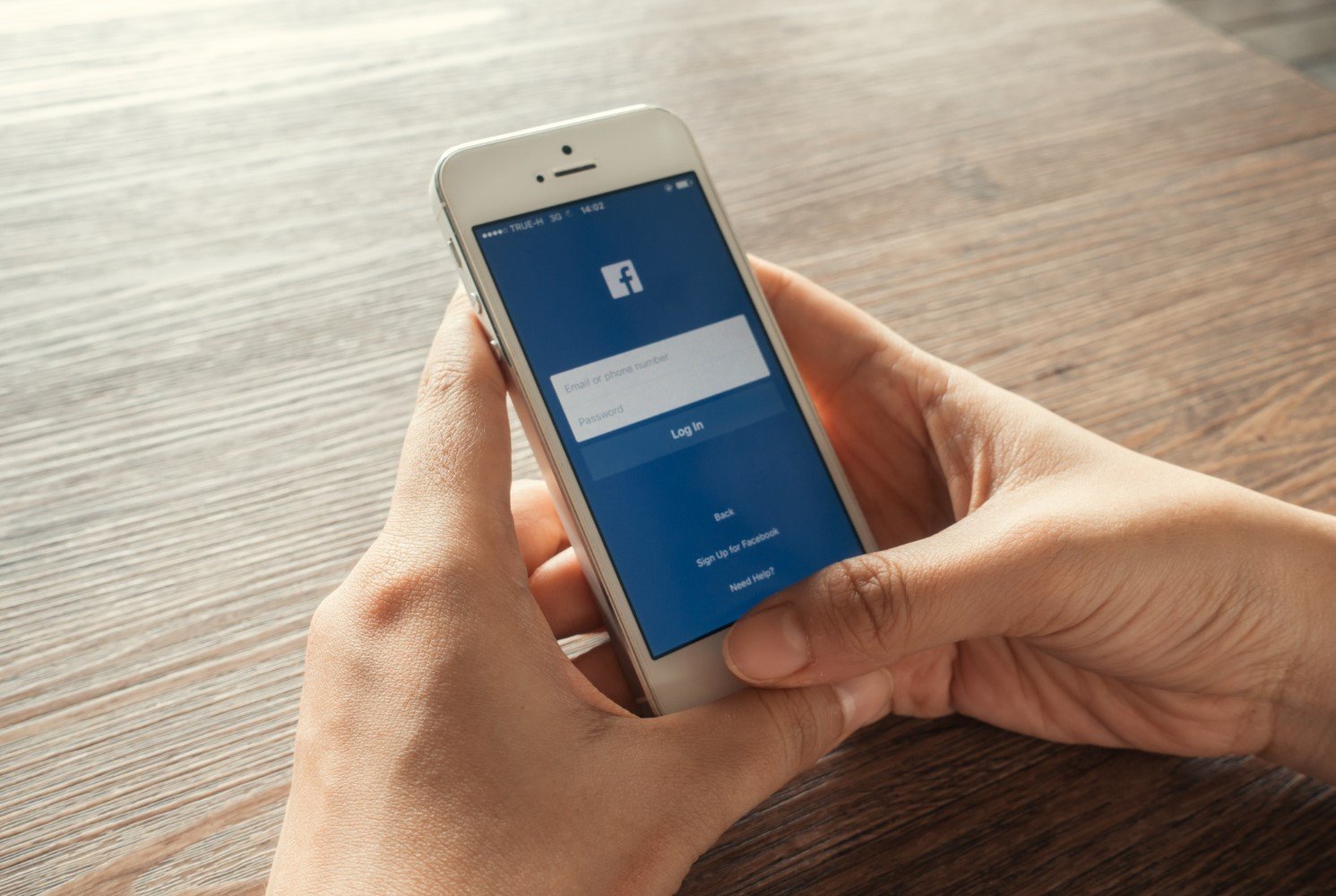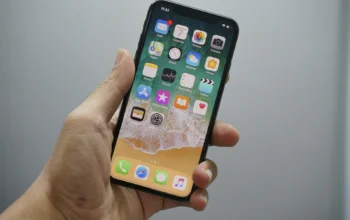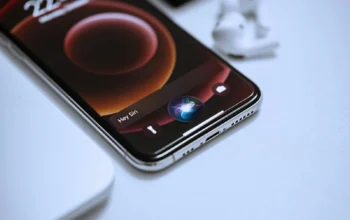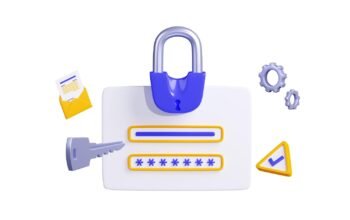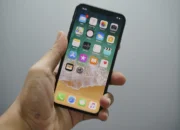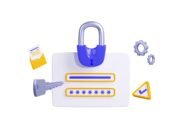middleportal.com – Facebook is one of the most popular social media platforms in the world, with over 2.8 billion monthly active users as of December 20201. It allows people to connect with their friends and family, share their photos and videos, join groups and pages, play games, and access various online services. However, with such a large user base, Facebook also attracts hackers and scammers who try to gain unauthorized access to other people’s accounts for malicious purposes. If your Facebook account has been hacked or taken over, you may lose control of your personal information, contacts, messages, and online activities. You may also risk exposing yourself and your friends to identity theft, fraud, phishing, malware, and other cyber threats. Therefore, it is important to know how to restore your hacked Facebook account and secure it from future attacks.
How to tell if your Facebook account has been hacked
There are some signs that may indicate that your Facebook account has been hacked or taken over by someone else. These include:
- Your email or password has changed without your knowledge or consent.
- Your name, date of birth, or other personal details have been altered.
- You see friend requests sent to people you don’t know or accept requests from strangers.
- You notice messages that you didn’t write or posts that you didn’t create on your timeline or other places.
- You see ads or sponsored posts that you didn’t authorize or are irrelevant to your interests.
- You receive notifications or emails from Facebook about suspicious login attempts or account changes that you didn’t make.
If you see any of these activities on your Facebook account, you should act quickly to recover your account and prevent further damage.
How to recover your hacked Facebook account
The first thing you should do if you think your Facebook account has been hacked or taken over is to visit this page https://www.facebook.com/hacked and follow the instructions. This page will help you to secure your account by asking you to change your password and review recent login activity. You will also be able to check and update your security settings, such as adding two-factor authentication, choosing trusted contacts, and managing your active sessions. Here are the steps to follow:
- Go to https://www.facebook.com/hacked and click on My Account Is Compromised.
- Enter your email address, phone number, username, or full name associated with your account and click on Search. If you don’t remember any of these details, you can try using an alternate email or phone number that you may have added to your account, or ask a friend to look up your account name or username on Facebook.
- If you find your account, you will see a partial email address or phone number that you can use to receive a password reset code. Choose one of the options and click on Continue. If you don’t have access to any of the options, click on No longer have access to these? and follow the instructions to try to regain access to your email account or contact your phone service provider.
- Enter the password reset code that you received and click on Continue. If you didn’t receive the code, click on Resend Code or Try another way to confirm your identity.
- Create a new password that is strong and unique, and click on Continue. You can use a password manager to generate and store your passwords securely.
- You will see a list of recent devices and locations where your account was logged in. Review the information and click on Not You if you see any unfamiliar or suspicious activity. You can also click on Secure Account if you want to log out of all other devices and change your password again.
- You will be taken to a page where you can review and update your security settings. You can enable two-factor authentication, which requires a code or a confirmation from your phone every time you log in from a new device or browser. You can also choose three to five friends who can help you if you ever get locked out of your account. You can also manage your active sessions, where you can see and end the sessions on different devices and browsers where you are logged in to Facebook.
- You will also be asked to review your personal and account information, such as your name, date of birth, email address, phone number, and security question. Make sure that everything is correct and that you have access to the email address and phone number associated with your account. You can also change your security question and answer, which can help you to reset your password if you forget it.
- Finally, you will be asked to review your posts, comments, groups, pages, and apps that you have recently interacted with. You can delete or hide anything that you didn’t create or authorize, or that you don’t want to be associated with. You can also remove any apps or websites that you don’t use or trust, or that have access to your personal information.
How to prevent your Facebook account from being hacked again
After you have recovered your hacked Facebook account, you should take some preventive measures to protect it from future attacks. Here are some tips to keep your account secure:
Don’t use your Facebook password anywhere else online, and never share it with anyone.
Your password should be hard to guess, so don’t include your name, date of birth, pets, or common words. You can use a password manager to create and store your passwords securely.
Use two-factor authentication to add an extra layer of security to your account.
You can choose to receive a code or a confirmation from your phone every time you log in from a new device or browser, or use an app like Google Authenticator or Duo Mobile to generate codes. You can also use a security key, which is a physical device that you plug into your computer or phone to verify your identity.
Choose three to five trusted friends who can help you if you ever get locked out of your account.
You can send them a recovery code or a link to reset your password if you can’t access your email or phone number. You can also ask them to report any suspicious activity on your account or notify you if they see anything unusual.
Review your security settings regularly and update them as needed.
You can check your login alerts, which will notify you via email, text, or notification if someone tries to log in to your account from an unrecognized device or location. You can also check your login history, which will show you the devices and locations where your account was logged in. You can end any sessions that you don’t recognize or trust. You can also check your active sessions, which will show you the devices and browsers where you are currently logged in to Facebook. You can log out of any sessions that you don’t need or want.
Be careful about what you share and who you share it with on Facebook.
Don’t post or send anything that is private, sensitive, or confidential, such as your password, bank account details, credit card numbers, or personal identification numbers. Don’t accept friend requests from people you don’t know or trust, and don’t click on links or open attachments from unknown or suspicious sources. You can also adjust your privacy settings to control who can see your posts, comments, photos, videos, and other information. You can also block or unfriend anyone who harasses, spams, or scams you on Facebook.
Keep your devices and browsers updated and secure.
Use antivirus software and firewall to protect your computer and phone from viruses, malware, and other threats. Scan your devices regularly and remove any suspicious or unwanted programs or apps. Use a secure and trusted browser, such as Chrome, Firefox, or Safari, and clear your cache and cookies frequently. Avoid using public or shared computers or networks to access your Facebook account, and always log out when you are done.
Conclusion
Having your Facebook account hacked or taken over can be a stressful and frustrating experience, but it is not the end of the world. You can recover your account and secure it from future attacks by following the steps and tips outlined in this article. You can also contact Facebook’s support team or visit their Help Center for more assistance and information. Remember, your Facebook account is your online identity, so keep it safe and secure.
